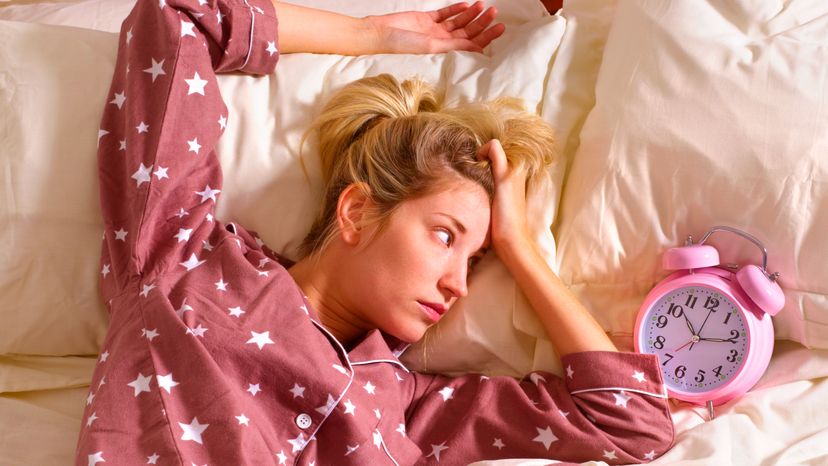Tony Wright seemed to handle 264-plus hours of sleeplessness without significant mental faculties, but doctors strongly recommended that no one try such an experiment on his own. Long-term sleep insufficiency can affect a person's cognitive and sensory abilities. For example, it may lead to vision problems, hallucinations, paranoia, mood swings, difficulty communicating or understanding others, a compromised immune system and depression.
Changing How The Brain Works
There's also the question of why anyone would want to stay awake for 11 days. Wright claims that he was researching the effects of sleep on the body and that he wanted to "bring attention to changing variables in human lifestyle" [source: BBC]. But some scientists have criticized his effort.
Dr. Chris Idzikowski, sleep researcher and director of the Edinburgh Sleep Centre, said that "It's a nice idea if it works. Dolphins sleep on one side of the brain, but human organs are not designed that way. Dr. Irdzikowski also told the BBC that Wright's theory about switching from one side of the brain to the other could only be verified by monitoring brain activity, and that someone participating in a self-conducted sleep deprivation experiment may nod off for short periods without even realizing it [source: BBC].
In fact, on day seven, Wright wrote on his blog that some Webcam viewers had become concerned that he had fallen asleep (or worse) because he appeared to be sitting still. Wright claimed that he was "merely pondering one's creative insights (or in this case lack of them)" [source: BBC]. Whether he had unknowingly nodded off cannot be confirmed.
Drunk with Tiredness
Problems can arise even from small bouts of sleeplessness. Twenty-four hours without sleep can produce as much impairment as being legally drunk. Consequently, severe sleep loss is a major contributor in car accidents and may have contributed to disasters such as the explosion at Chernobyl and the Exxon Valdez crash.
High Blood Pressure, Stress, and Low Oxygen Levels
Sleep deprivation is also a major concern for people who work long hours (such as doctors and night-shift employees) and for anyone suffering from sleep apnea, which causes high blood pressure, stress and low oxygen levels in the blood. Repeated bouts of insufficient sleep can increase your appetite and lead to weight gain.

